Wildlife of Borneo, Malaysia
The island of Borneo is divided between Malaysia, Indonesia, and the small state of Brunei. The Malaysian region is in the North and is famed for its wildlife – both on land and in the surrounding waters. The most famous resident has to be the orangutan.
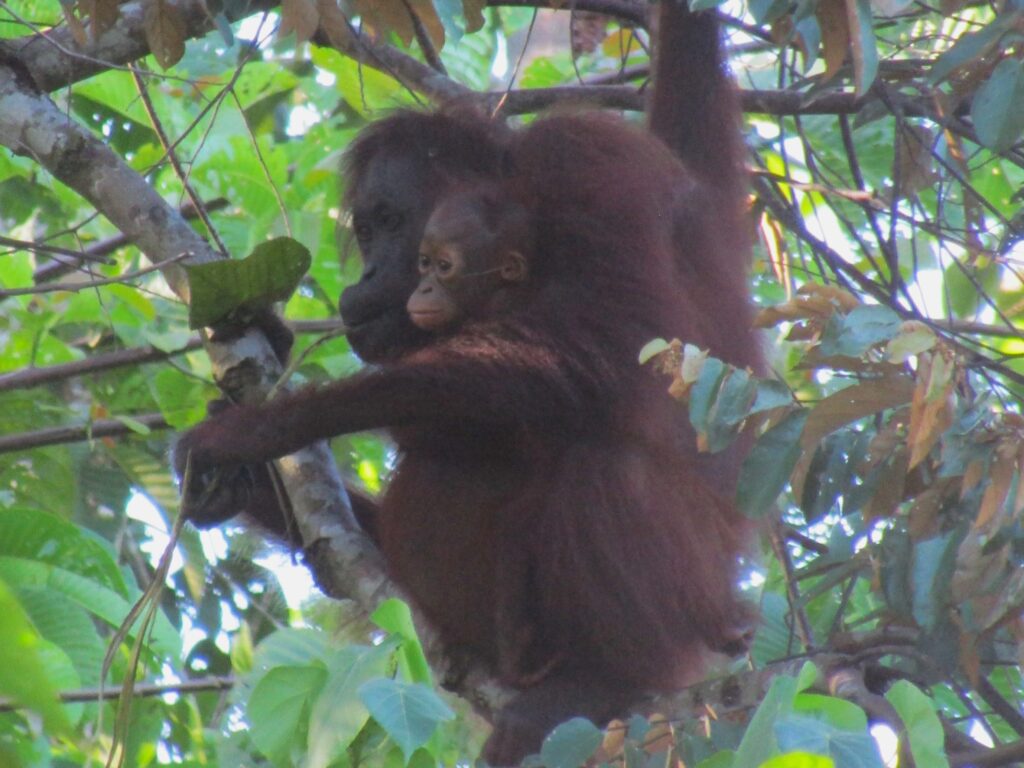
Bukit Piton, Lahad Datu
Orangutan can be found on two islands – Borneo, and Sumatra in Indonesia. The notable difference between the two subspecies is the distinctive wide face on male Bornean orangutans.
Sadly, Borneo has seen a massive loss of habitat – an all too familiar story. There is now, though, a regenerated forest – Bukit Piton – in which the orangutan has found a new home. Its existence is still at threat, mainly due to oil palm plantations, but this great ape species has had success in recent years.
I took a trip alone, arranged through a hostel in Lahad Datu, to drive through the forest. The local guide, who grew up in the area and works in conservation, arranged for his two sons to be on wildlife spotting duties while he educated me on the local region.
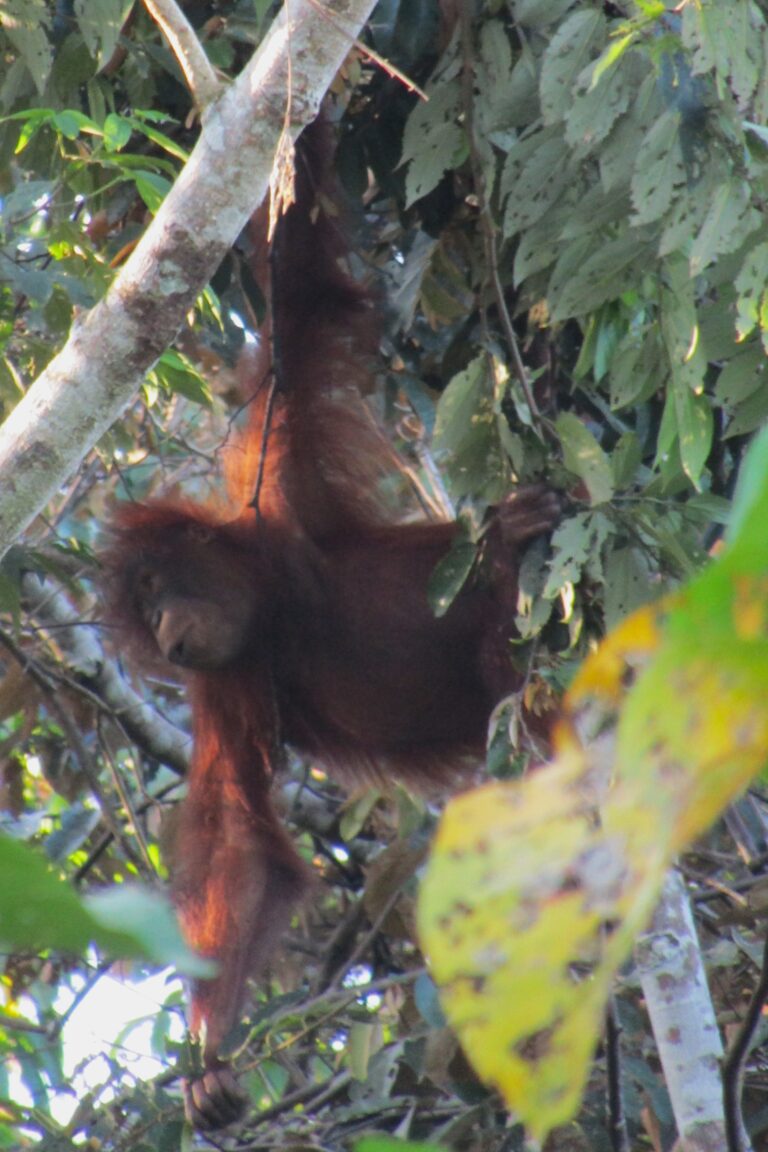
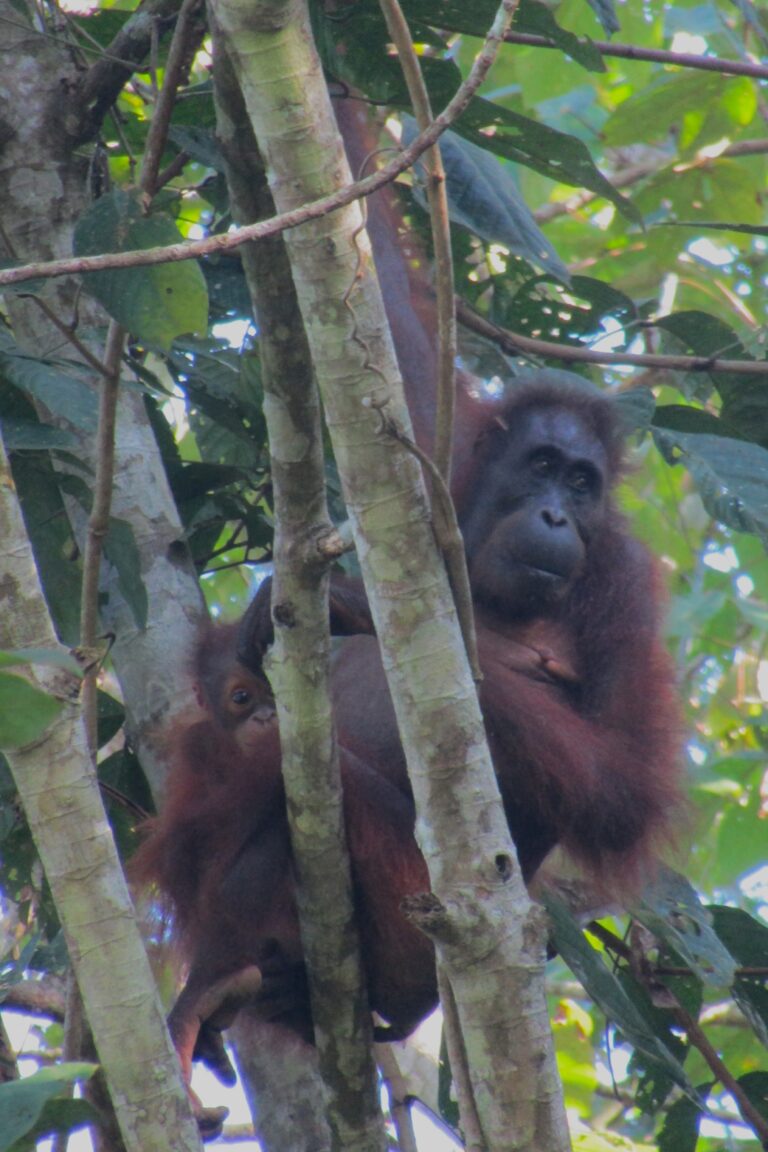
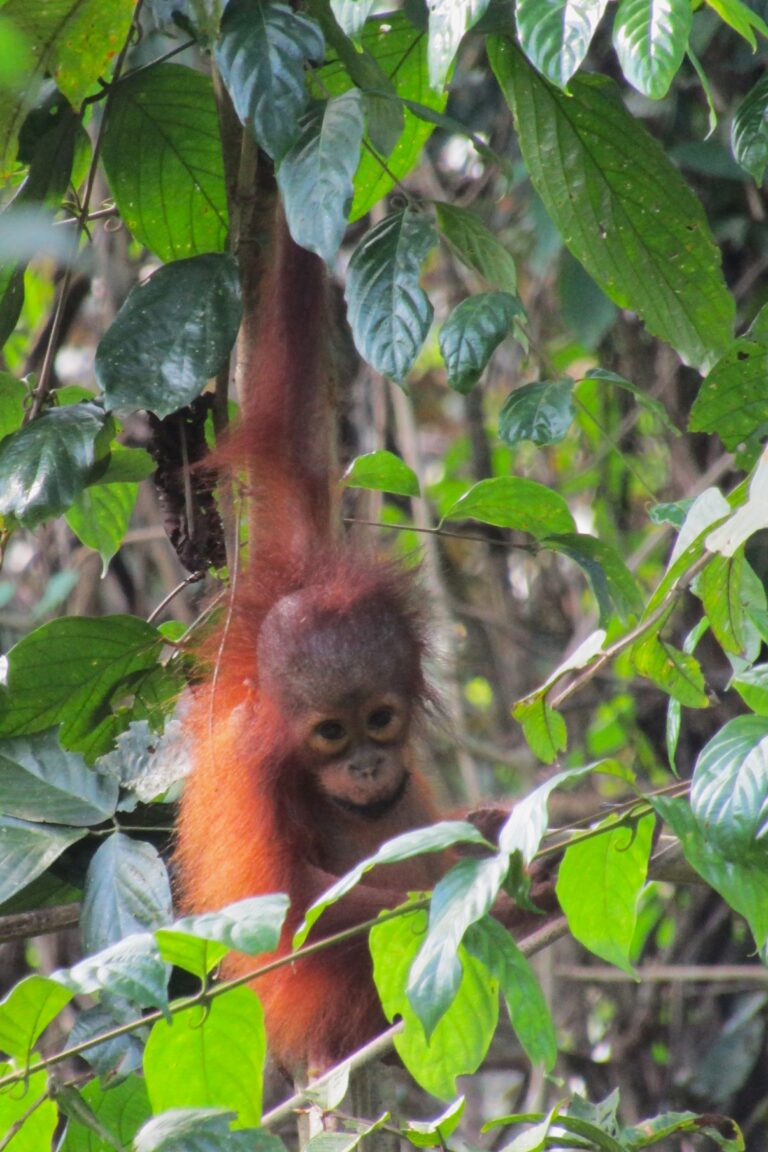
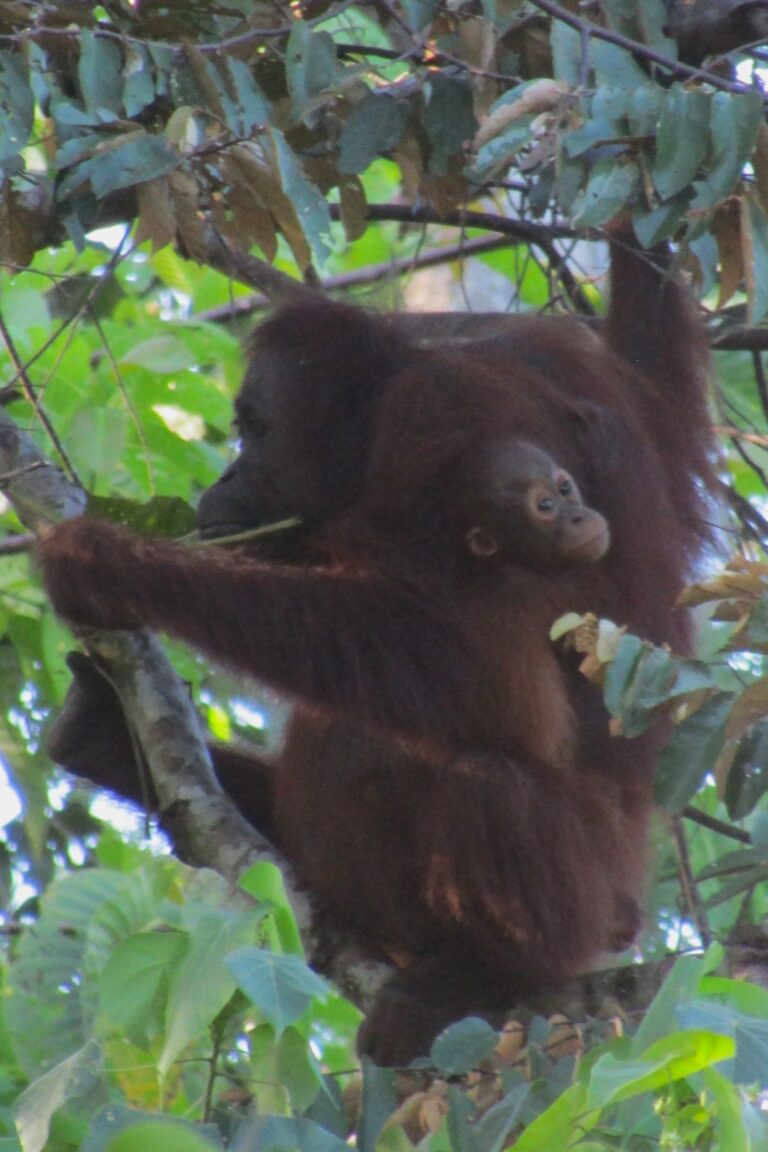
Orangutans in the wild
The tour didn’t disappoint. In a single day, we saw a dozen or so orangutans, including a few babies. It was a mesmerising experience to watch these giant apes hanging, climbing, and eating, high up in the trees.
We also saw a number of other species, including a young king cobra that gave us a deadly stare before sliding away. Sadly, the pygmy elephant eluded us that day. We saw evidence of recent activity in the area – but not the animal itself.
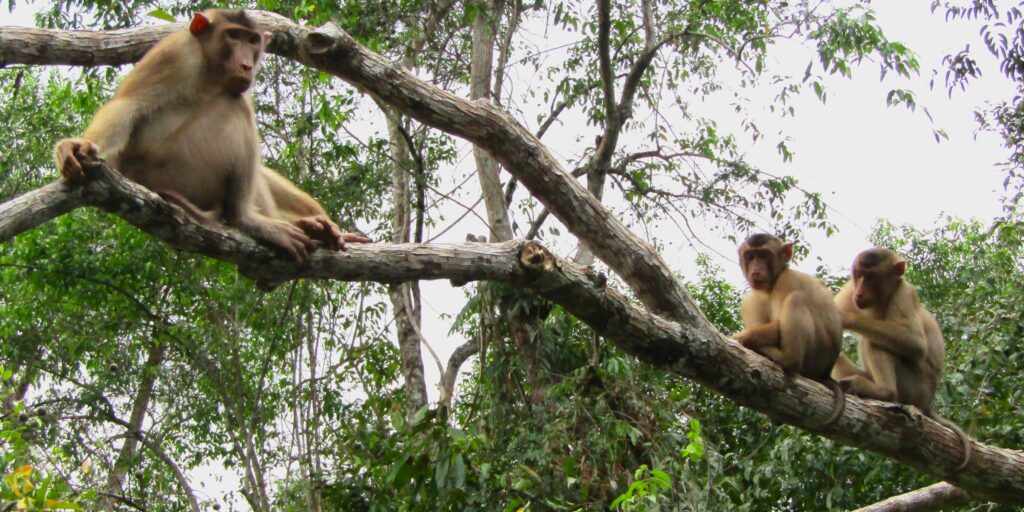
Kinabatangan River, Sukau
This large river is within a wildlife reserve, and it showcases many of the wonderdul animals and birds found in the region of Sabah. It is also possible to see orangutan here, too, along with many species of monkeys, birds, and amphibians. You can reach the river by bus, and stay in accommodation on the riverside.
Local guides offer boat tours along the river, which hopefully support the preservation of the area. The protection of the river and surrounding forest is essential for the wildlife here to continue to thrive.
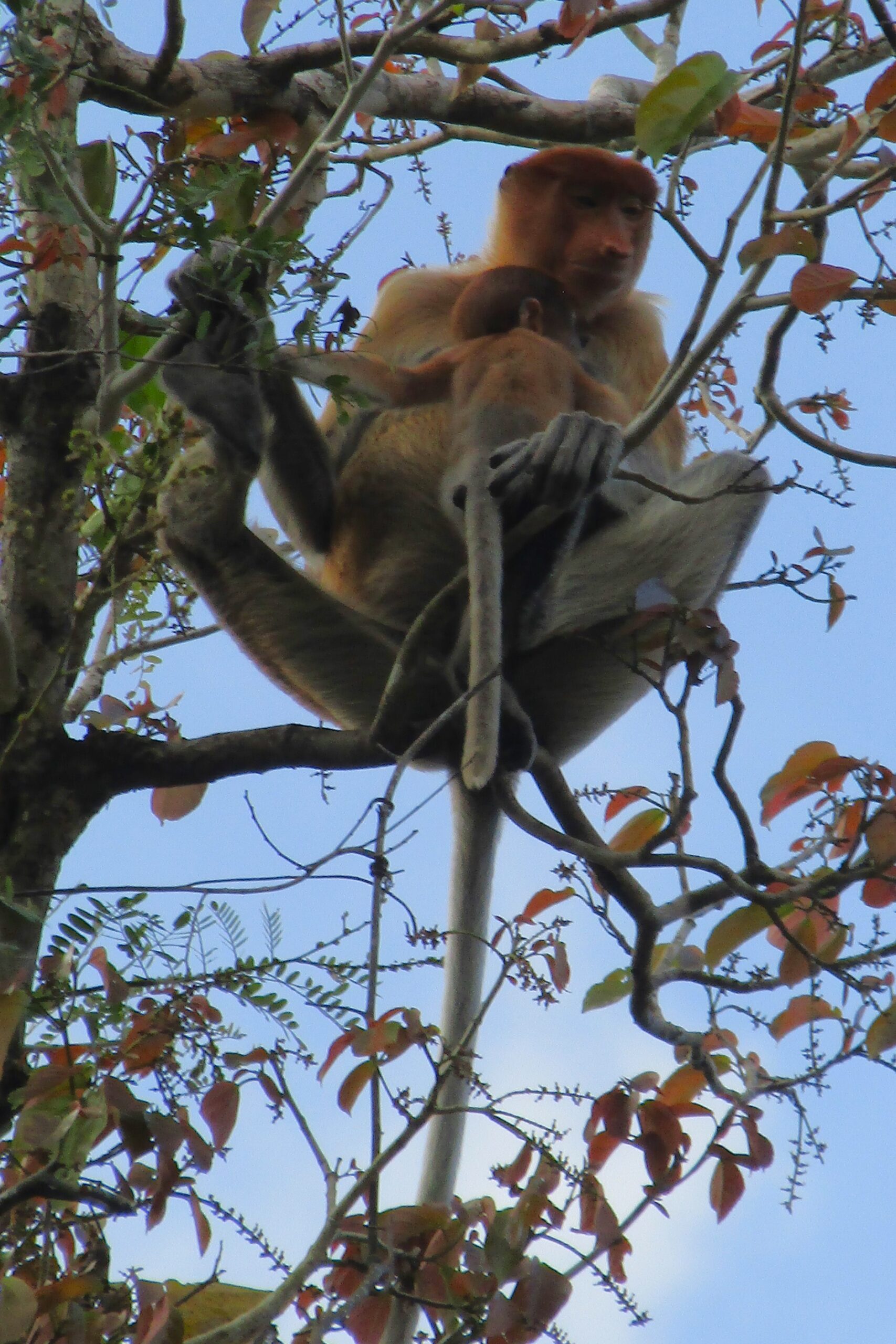
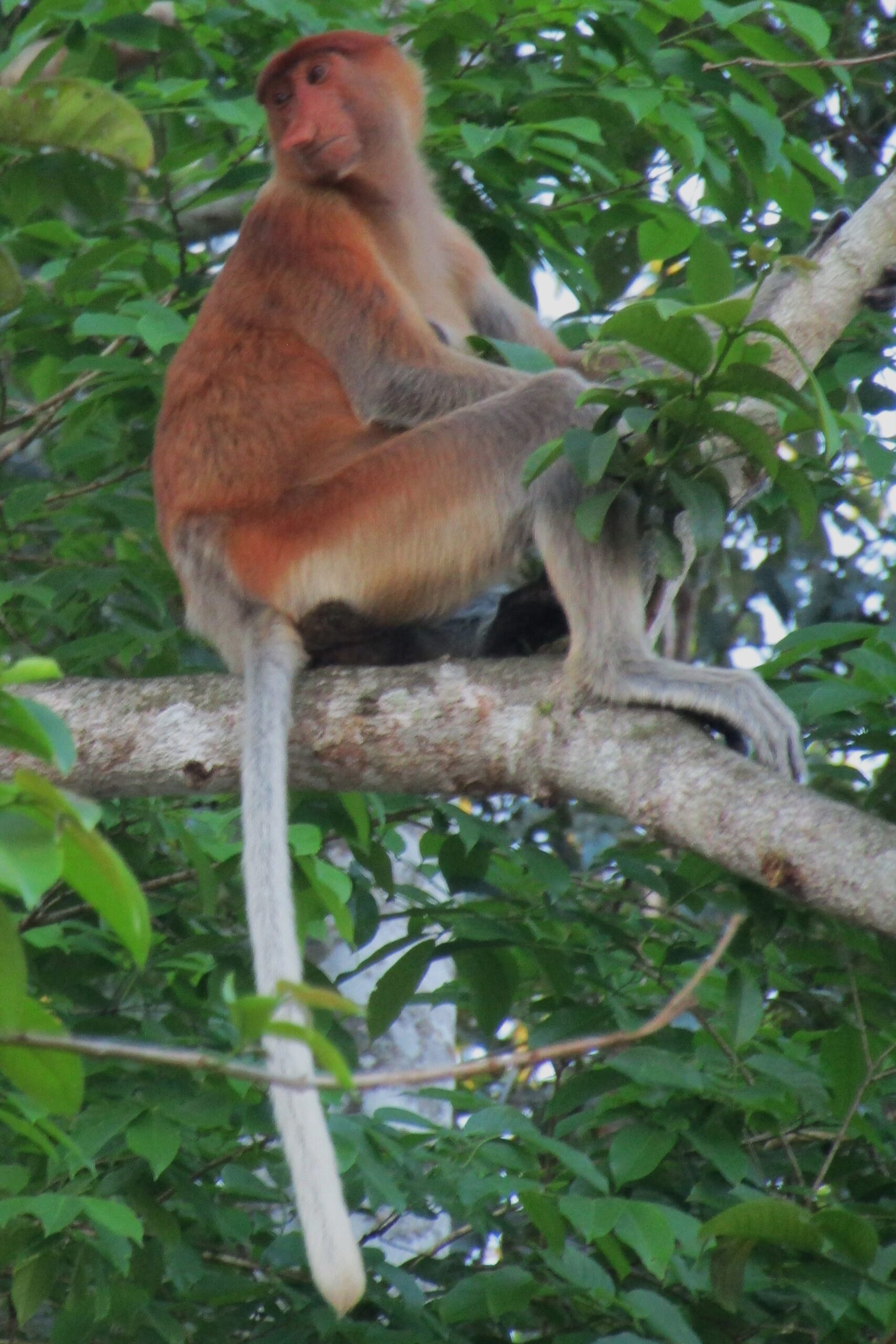
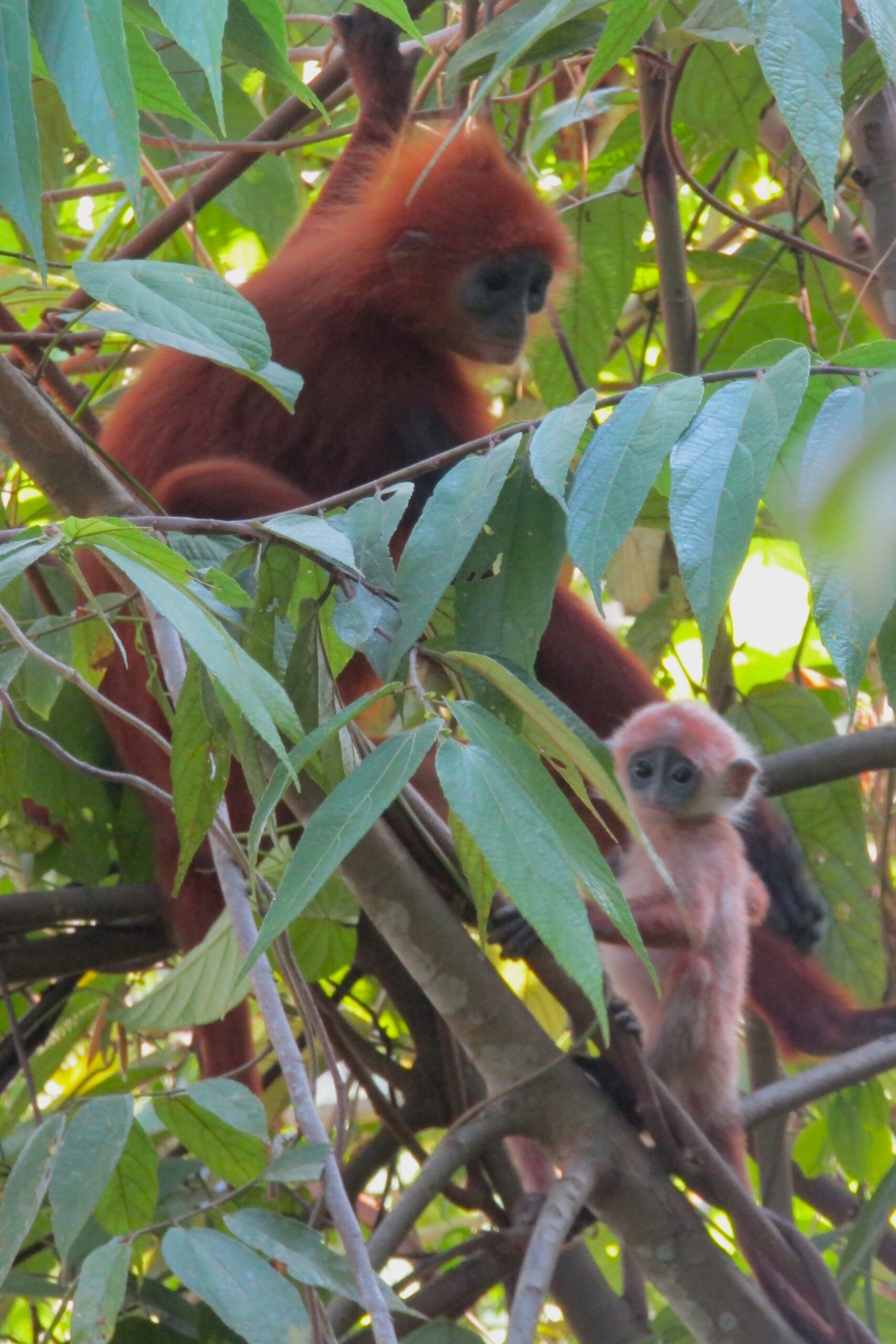
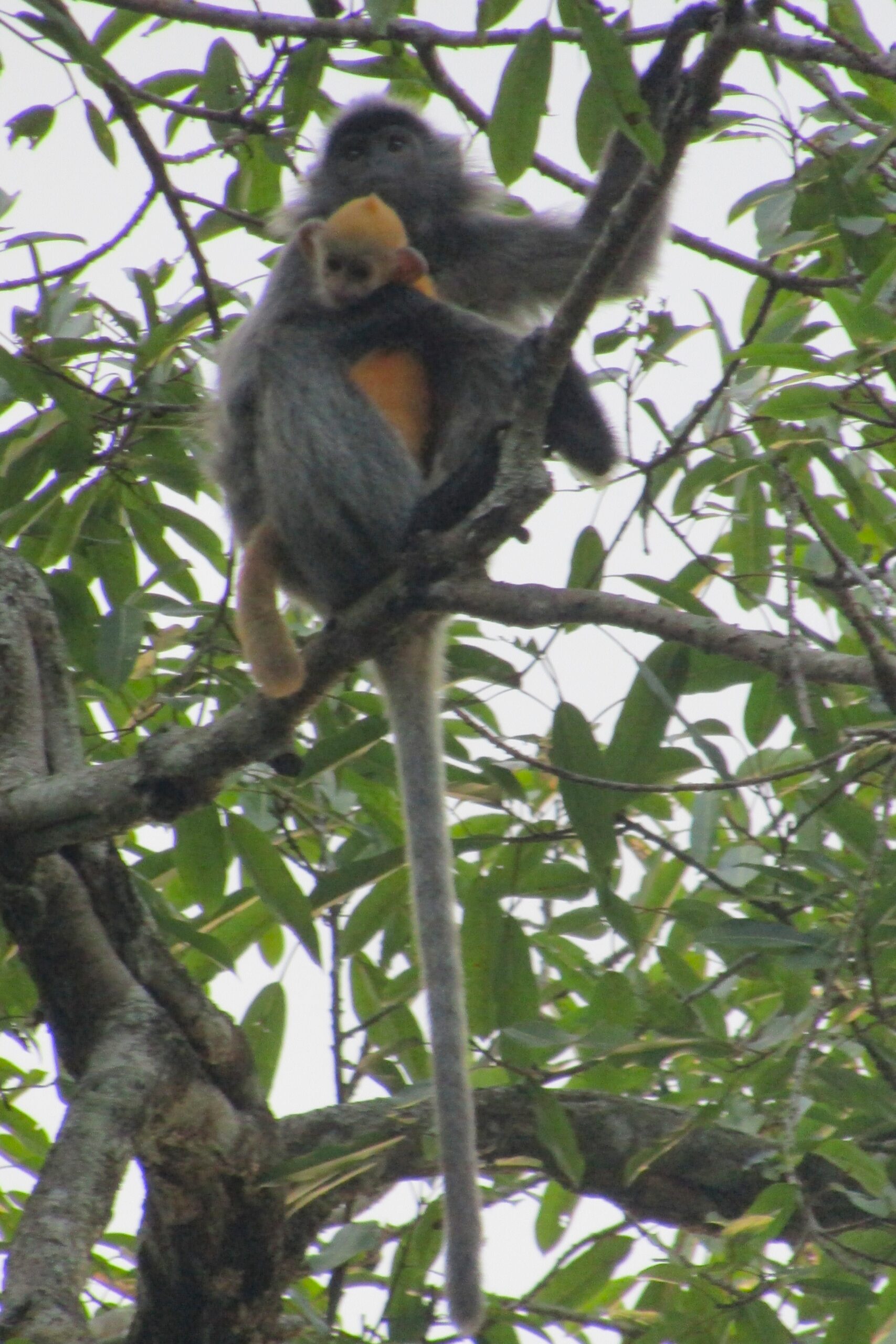
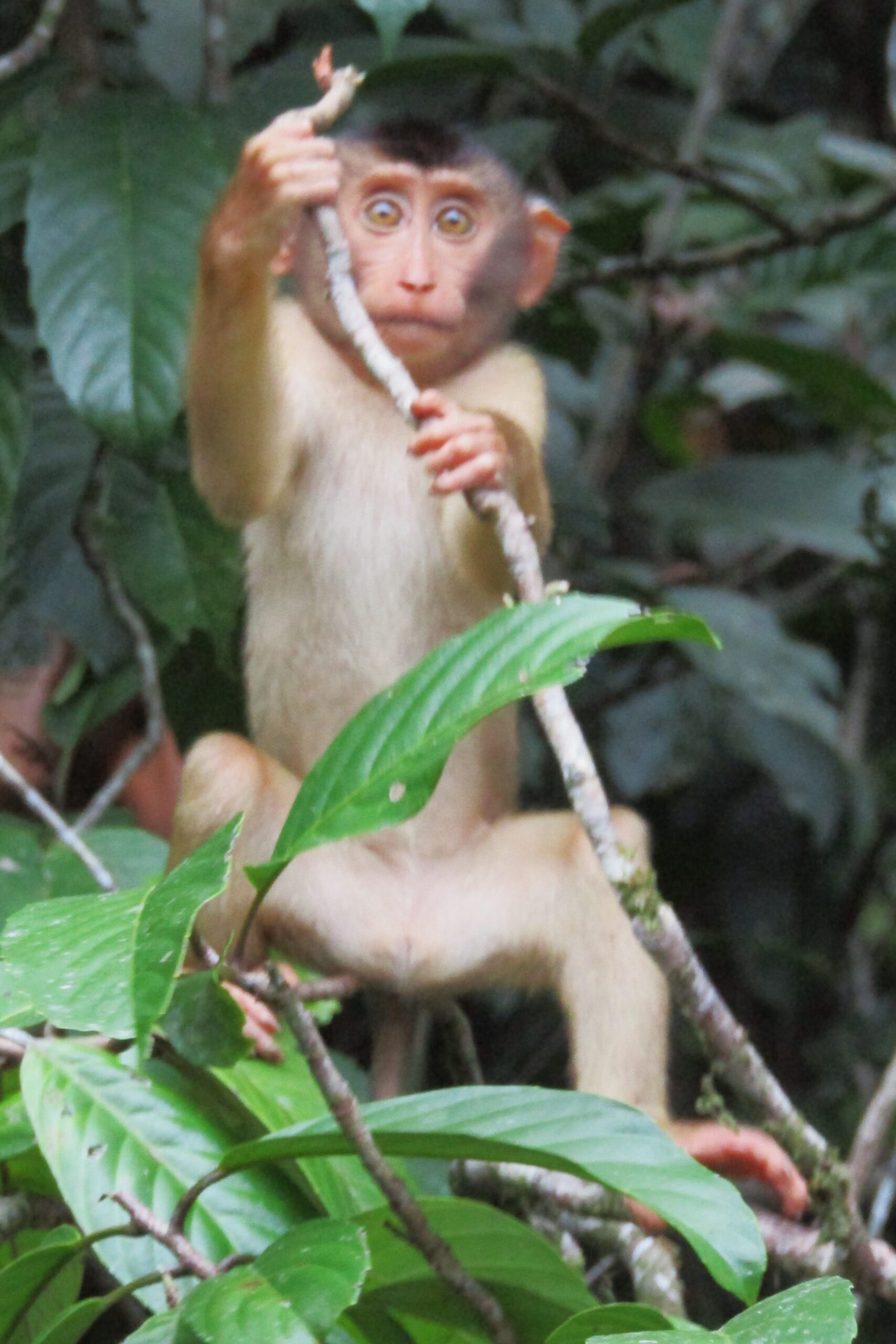
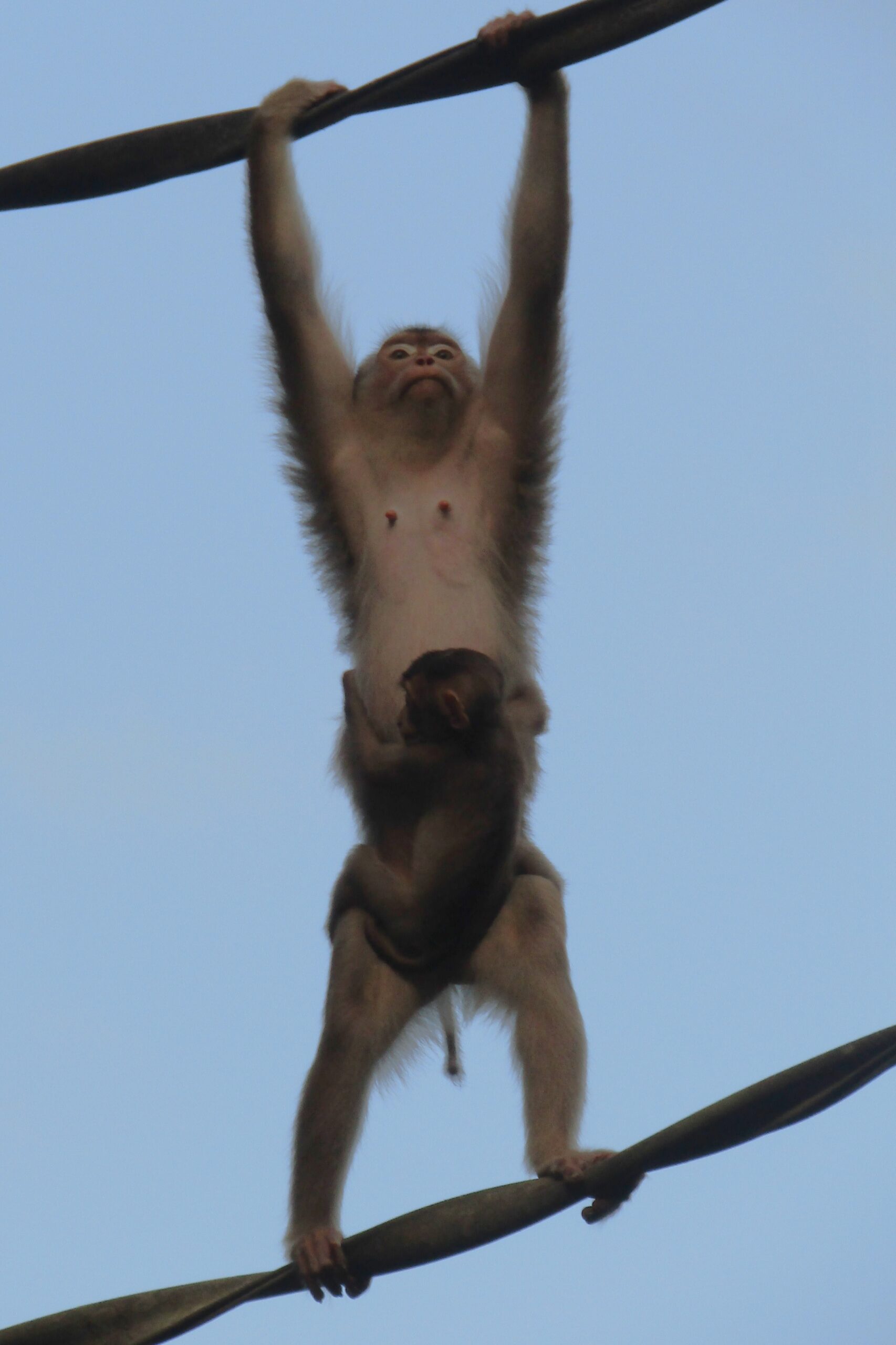
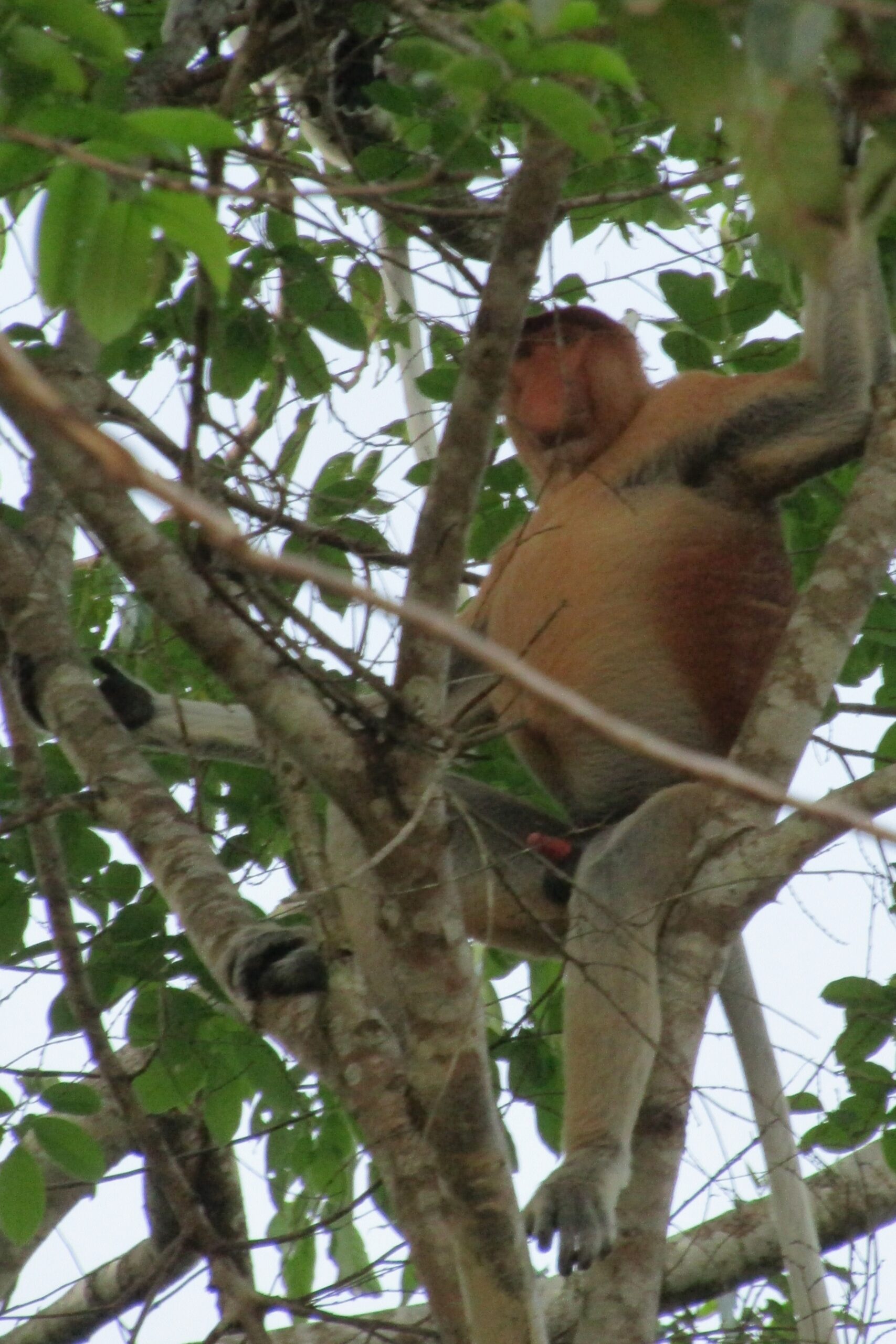
Monkeys
Despite the encroaching palm oil plantations decreasing the size of this nature reserve, there remains an astounding diversity of wildlife. There are several different types of monkeys alone, and with the help of the tour guides, we saw many of them – including the unmistakable proboscis monkey.
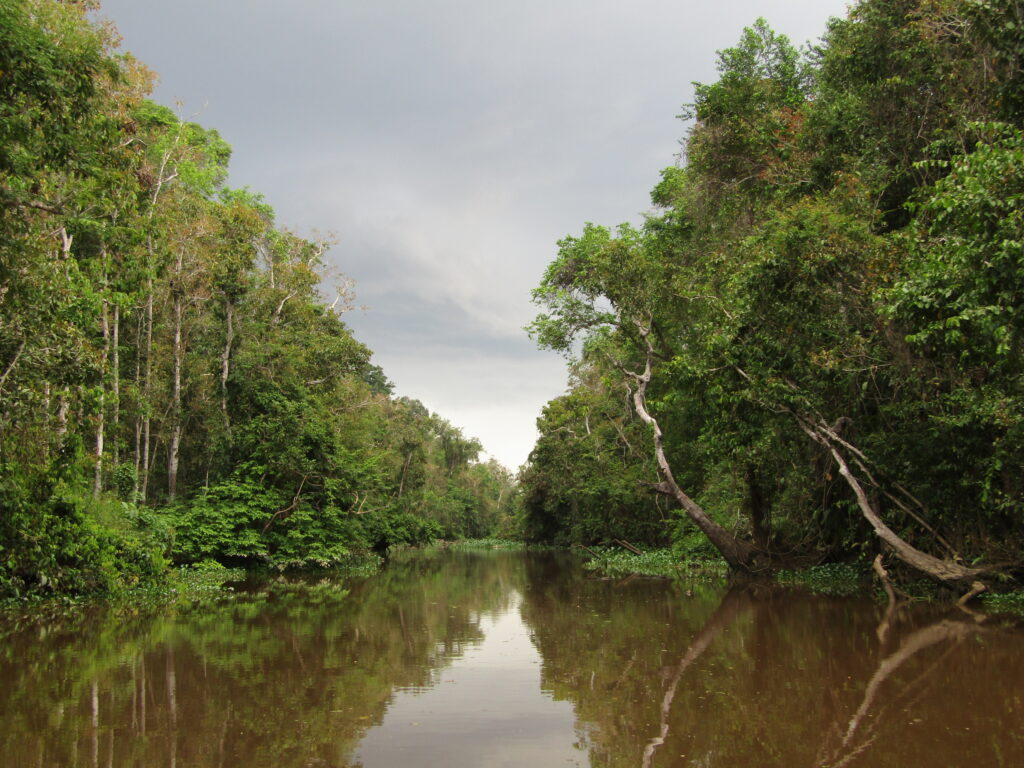
Other wildlife
The larger species are still found here, for now, with orangutan and crocodiles both residing in the region. Birdlife, including spectacular hornbills, is also abundant.
I thought the boat tours were a great way to see the native animals. The boat was small, with a part of four only, and we didn’t seem to disturb the animals. And the local guides had exquisite eyesight, helping point out the many animals through the trees on the riverbanks.
Some of Malaysia’s larger residents…
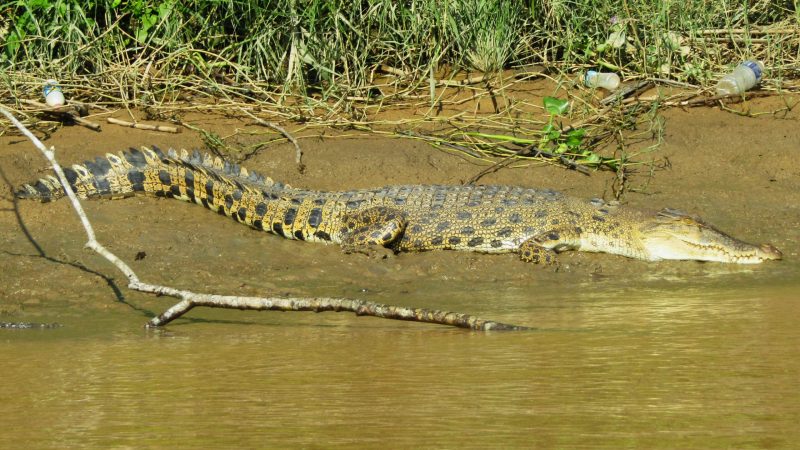
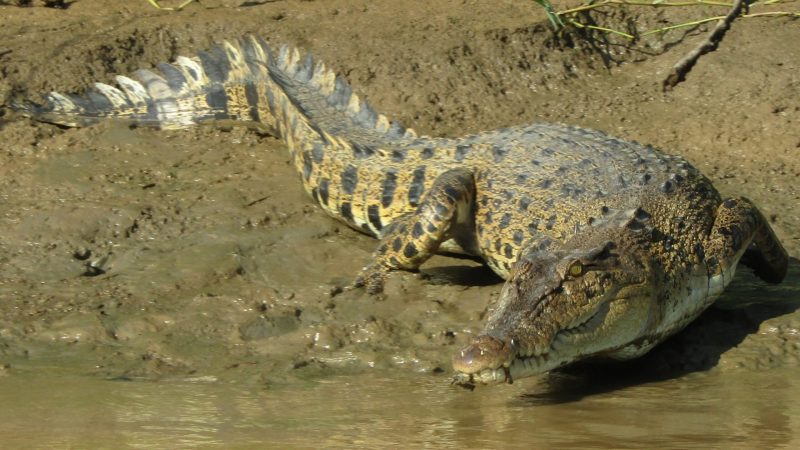
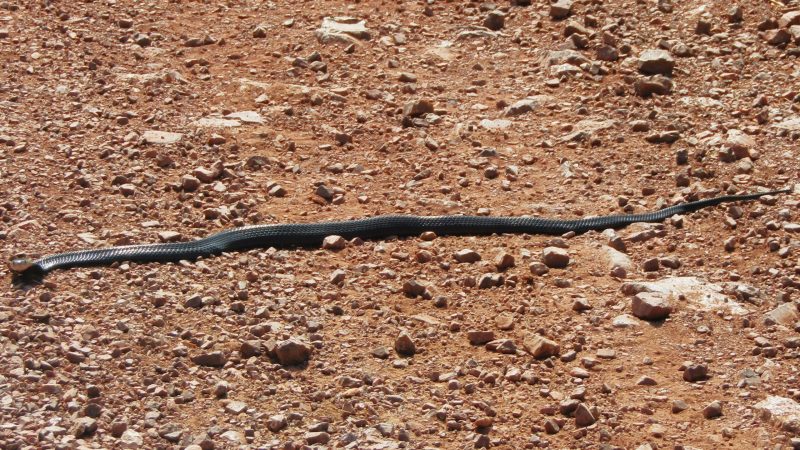
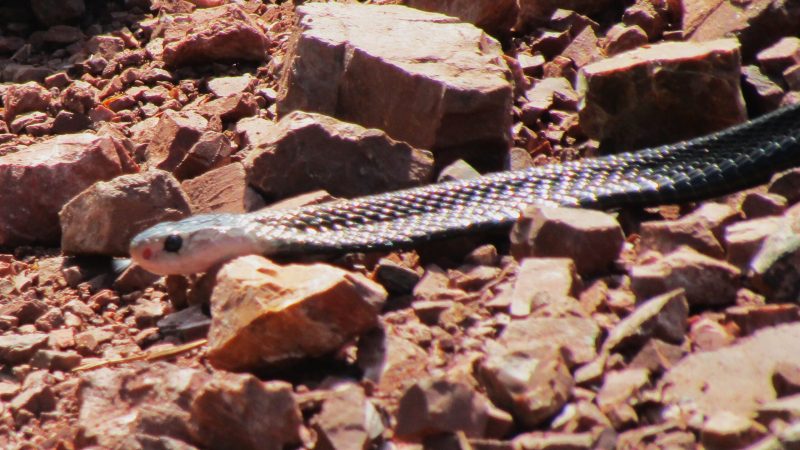
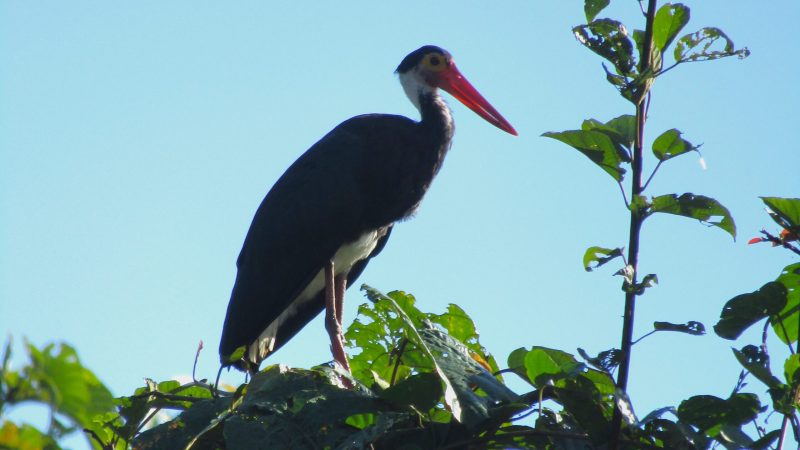
… and some of the smaller
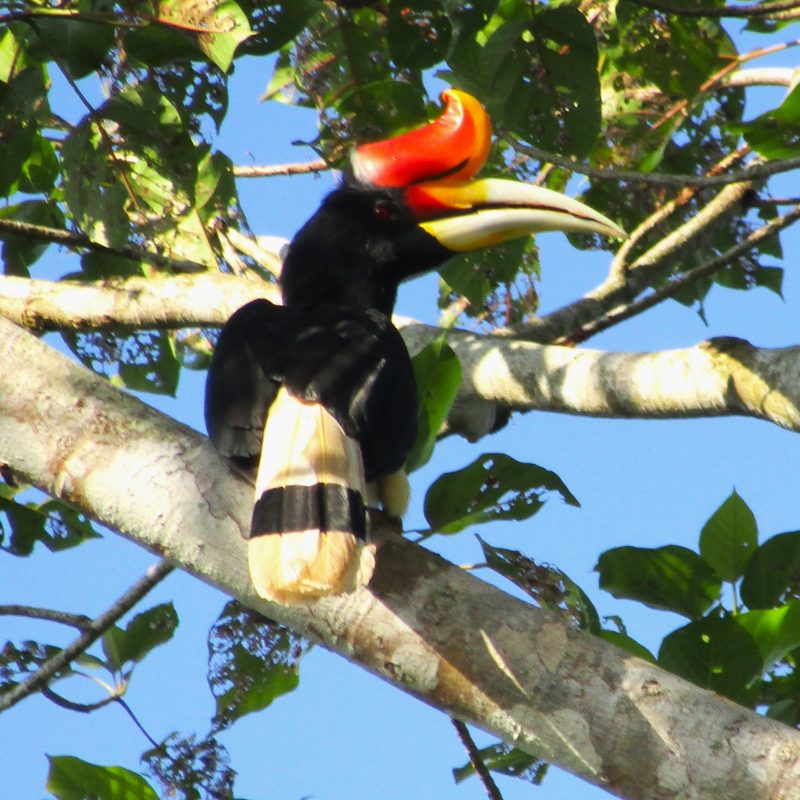
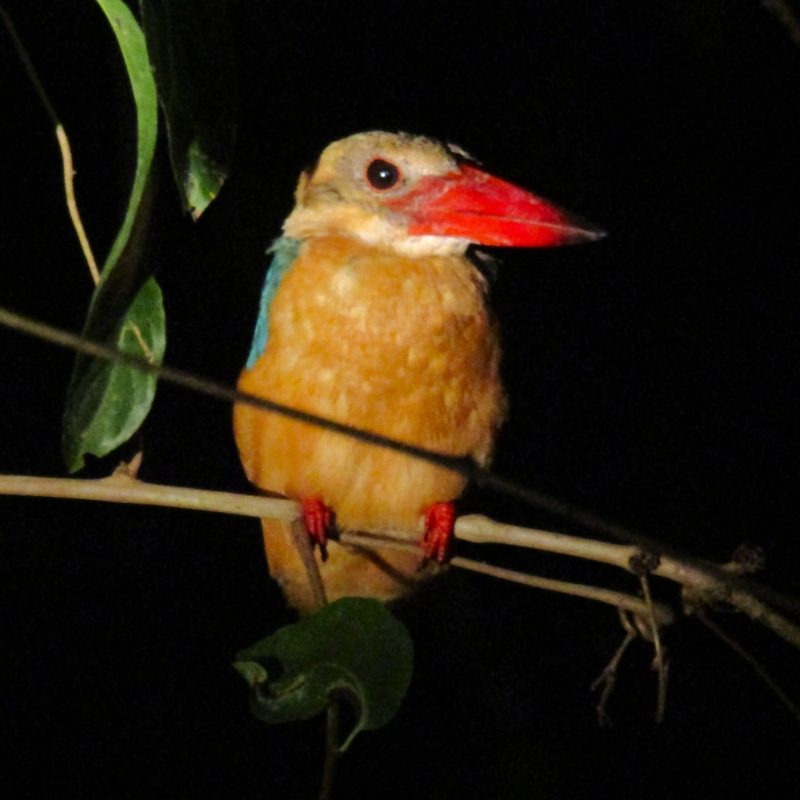
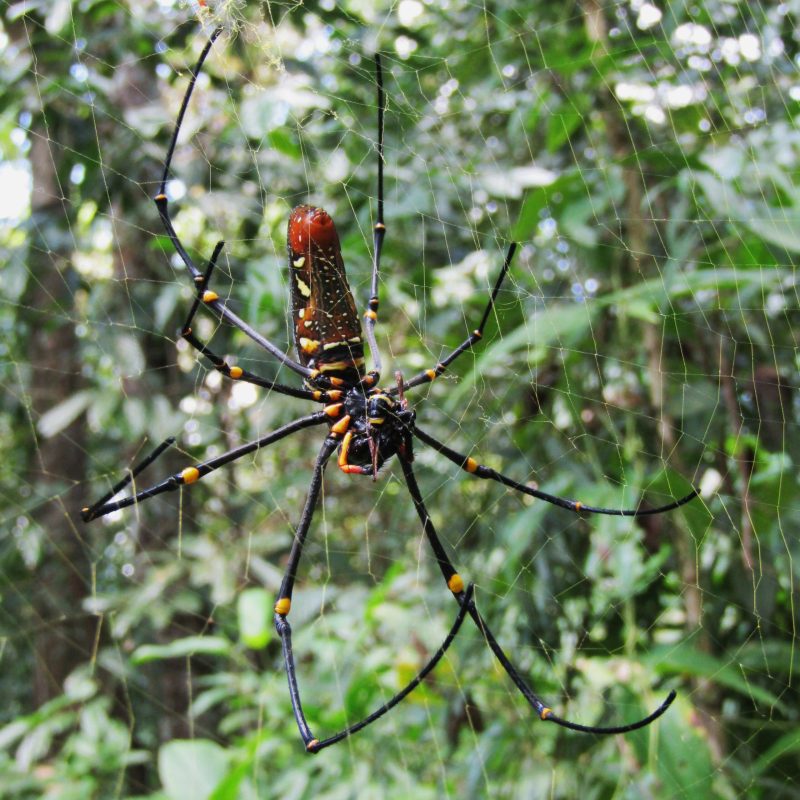
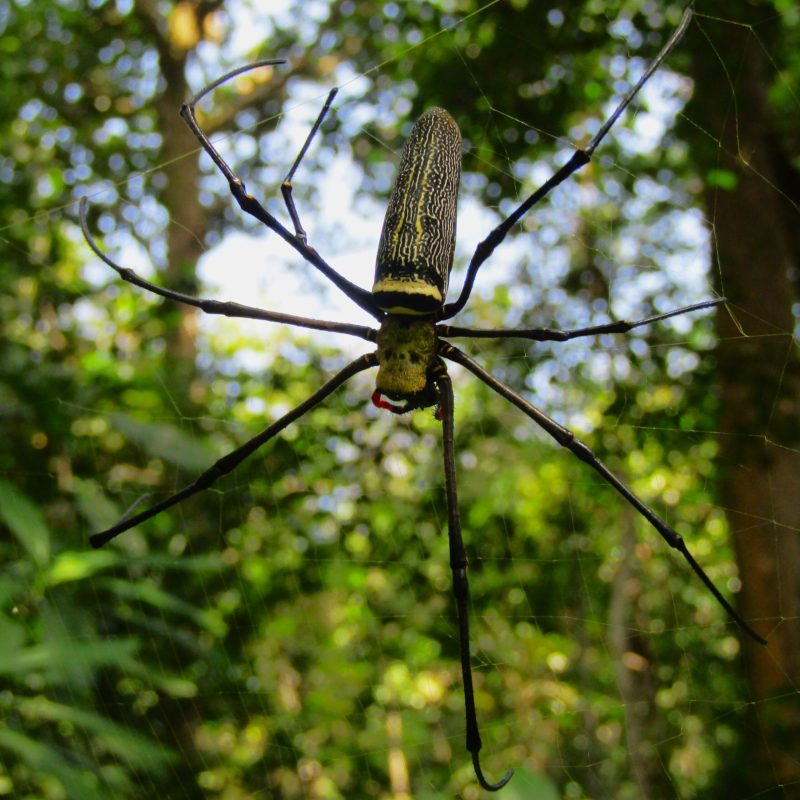
I strongly recommend Borneo as a destination for wildlife watching. It was simple to travel around, and it presents many opportunities to see amazing wildlife. You can immerse yourself into the exotic jungle on a hike, dive in tropical coastal waters, or hike up the imposing Mount Kinabalu, and be sure to find many exotic animals along the way.